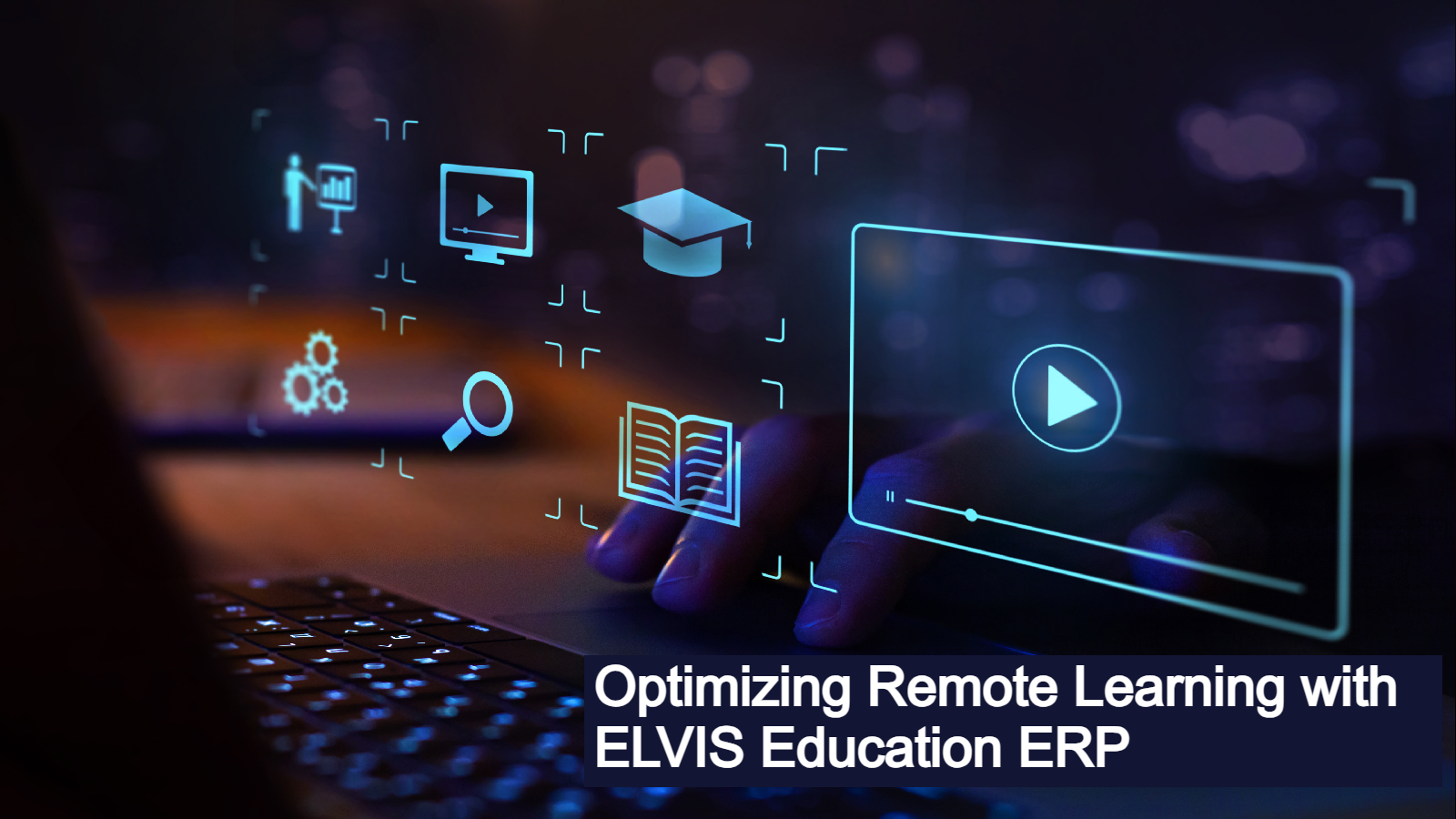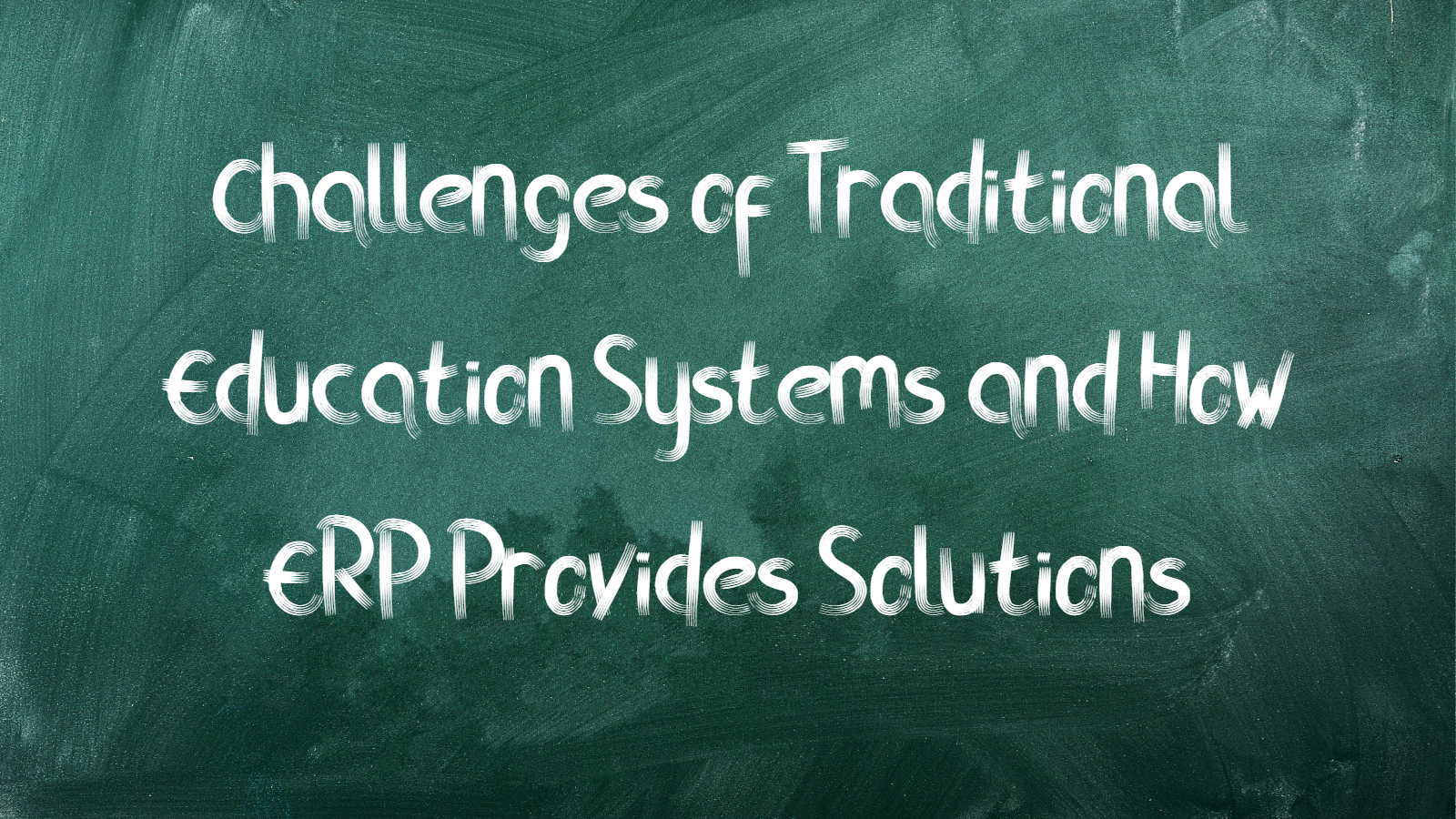Introduction
In today’s world where technological advancements are on the rise, educational institutions must embrace innovative tools that enhance efficiency and student engagement. One such powerful tool is Customer Relationship Management (CRM) software. Often associated with business, CRM systems have proven to be invaluable in transforming education.
In this blog, we’ll look into the ways educational institutions can utilize CRM to streamline processes, foster student success, and ultimately, revolutionize the learning experience.
Understanding CRM in Education
Before we explore the benefits, let’s understand what CRM means in the context of education. CRM, traditionally used in business to manage customer interactions, has been gaining significance in the educational sector. In education, CRM is a comprehensive system that helps institutions manage relationships and interactions with students, parents, alumni, and staff. It’s a dynamic platform that facilitates communication, collaboration, and data-driven decision-making.
Student Recruitment and Enrollment
CRM systems play a pivotal role in the student recruitment process. Educational institutions can use CRM to streamline communication with prospective students, providing them with tailored information about courses, admission requirements, and campus life. By tracking interactions, schools can gain insights into students’ preferences and effectively personalize their strategies.
Statistics show that institutions using CRM for enrollment management experience a significant increase in application submissions. For example, a study by Educause Review found that schools adopting CRM saw a 15% increase in completed applications compared to those relying on traditional methods.
Personalized Learning Journeys
Once students are enrolled, CRM continues to be a game-changer in shaping personalized learning experiences. By analyzing students’ academic performance, engagement levels, and extracurricular activities, educators can tailor their teaching methods to meet individual needs. This not only enhances the learning experience but also contributes to higher retention rates.
Research conducted by the Journal of Educational Technology & Society indicates that institutions implementing CRM in education witness a 20% improvement in student retention rates within the first academic year.
Communication and Collaboration
Effective communication is the backbone of any educational institution. CRM platforms facilitate seamless communication between teachers, students, and parents. Features like automated notifications, event scheduling, and progress tracking keep all stakeholders in the loop, fostering a collaborative learning environment.
A survey conducted by the National Center for Education Statistics found that schools using CRM reported a 25% increase in parent engagement, leading to improved student outcomes.
Alumni Engagement and Fundraising
Beyond the student journey, CRM proves invaluable in maintaining lifelong relationships with alumni. Educational institutions can use CRM to track alumni achievements, organize reunions, and launch fundraising campaigns. This, in turn, contributes to a robust alumni network that can support current students and the institution itself.
According to a CASE (Council for Advancement and Support of Education) report, institutions employing CRM for alumni engagement witnessed a 30% increase in fundraising success.
Conclusion
The integration of CRM in the educational sector is a transformative step toward efficiency, personalization, and success. As we’ve explored, the statistics show the positive impact of CRM on student recruitment, personalized learning, communication, and alumni engagement.
By embracing CRM, educational institutions can not only keep pace with the digital age but also stay ahead in providing an enriching learning experience. The future of education is here, and it’s powered by the seamless integration of technology and personalized relationships. So, take a step closer towards innovation by utilizing the power of CRM.
Frequently Asked Questions (FAQs)
What is CRM, and how does it apply to the education sector?
CRM, or Customer Relationship Management, is a system traditionally used in business to manage interactions with customers. In education, CRM is adapted to manage relationships with students, parents, alumni, and staff. It serves as a platform for communication, collaboration, and data-driven decision-making in educational institutions.
How can CRM systems benefit student recruitment and enrollment?
CRM systems streamline communication with prospective students, providing tailored information about courses, admission requirements, and campus life. By tracking interactions, institutions gain insights into students’ preferences, leading to more effective and personalized outreach. Studies have shown that institutions adopting CRM experience a significant increase in completed applications.
In what ways does CRM contribute to personalized learning journeys?
CRM analyzes students’ academic performance, engagement levels, and extracurricular activities. Educators can use this data to tailor teaching methods to individual needs, enhancing the learning experience and contributing to higher retention rates. Research indicates that institutions implementing CRM witness a substantial improvement in student retention rates.
How does CRM enhance communication and collaboration within educational institutions?
CRM platforms facilitate seamless communication between teachers, students, and parents through features like automated notifications, event scheduling, and progress tracking. Schools using CRM report a significant increase in parent engagement, fostering a collaborative learning environment.
Can CRM systems be utilized for alumni engagement and fundraising?
Absolutely. CRM is instrumental in maintaining lifelong relationships with alumni by tracking achievements, organizing reunions, and launching targeted fundraising campaigns. Institutions employing CRM for alumni engagement often experience a considerable increase in fundraising success.
Are there any privacy concerns with implementing CRM in educational institutions?
Privacy is a valid consideration. However, reputable CRM systems in education prioritize data security and compliance with relevant privacy regulations. Institutions should choose a CRM provider that adheres to strict data protection standards to mitigate privacy concerns.
How user-friendly are CRM systems for educational staff and administrators?
Many CRM systems designed for education are user-friendly, with intuitive interfaces. Training and support are often provided during implementation to ensure that staff and administrators can effectively navigate and utilize the system for their specific needs.
What is the cost associated with implementing CRM in educational institutions?
The cost of implementing CRM varies depending on the size of the institution, the features required, and the chosen CRM provider. While there is an initial investment, the long-term benefits, such as improved efficiency and student outcomes, often outweigh the upfront costs.
Can CRM be customized to meet the specific needs of different educational institutions?
Yes, many CRM systems offer customization options to adapt to the unique needs of different educational institutions. This ensures that the system aligns with the specific goals and workflows of each institution.
What steps should educational institutions take when considering the implementation of CRM?
Before implementing CRM, institutions should conduct a thorough needs assessment, involve key stakeholders in the decision-making process, and choose a CRM provider that specializes in the education sector. Training and ongoing support are crucial to maximizing the benefits of CRM implementation.








